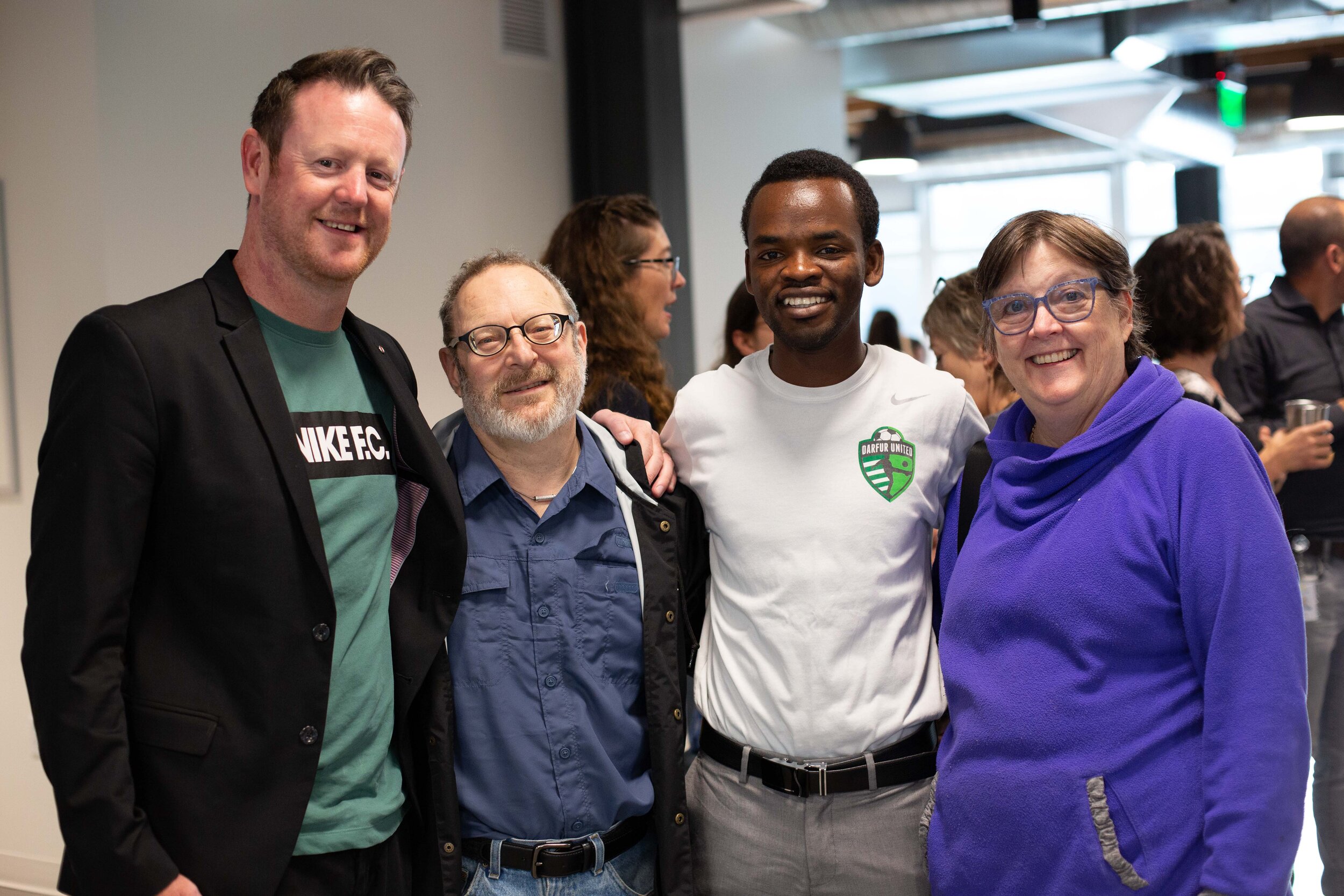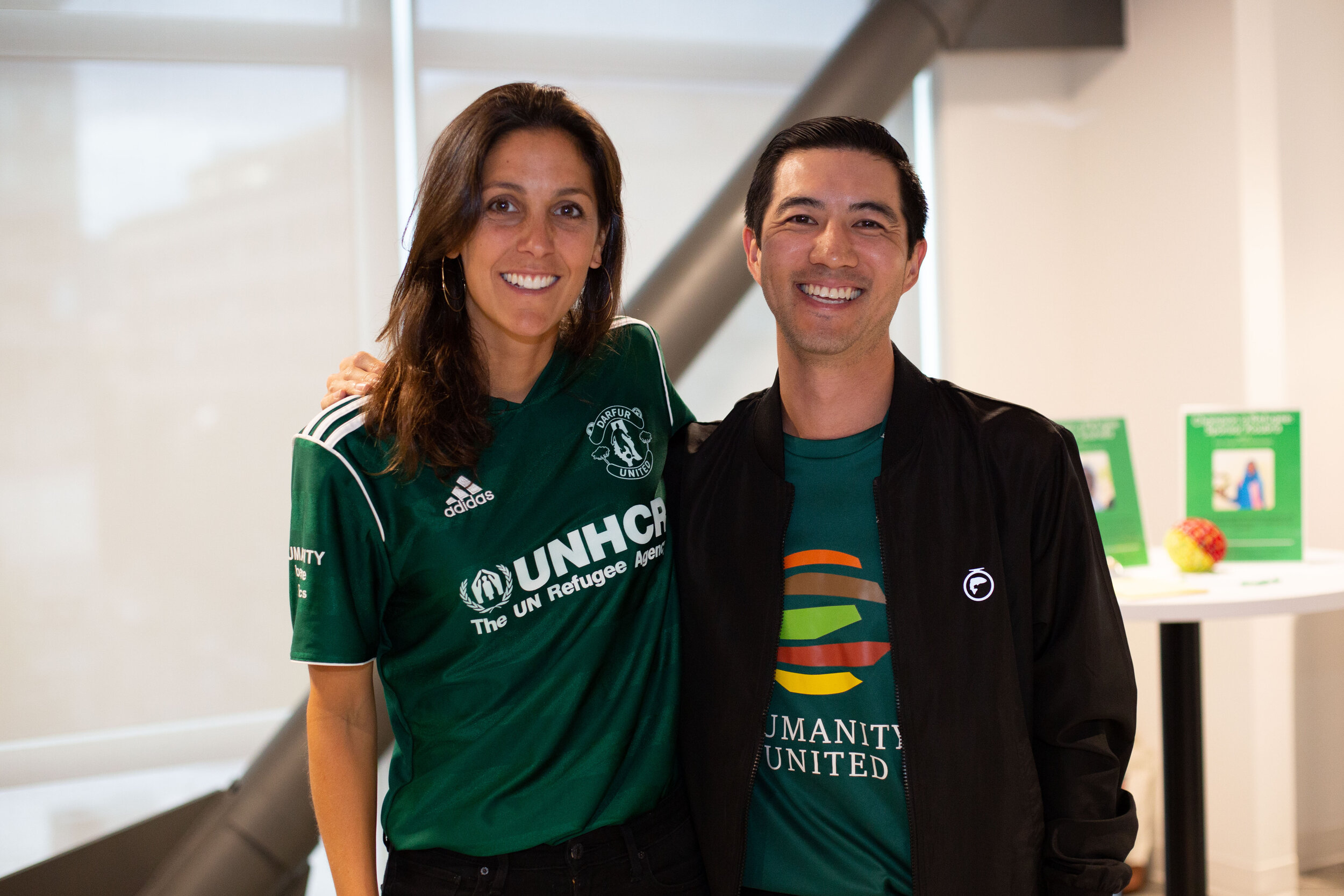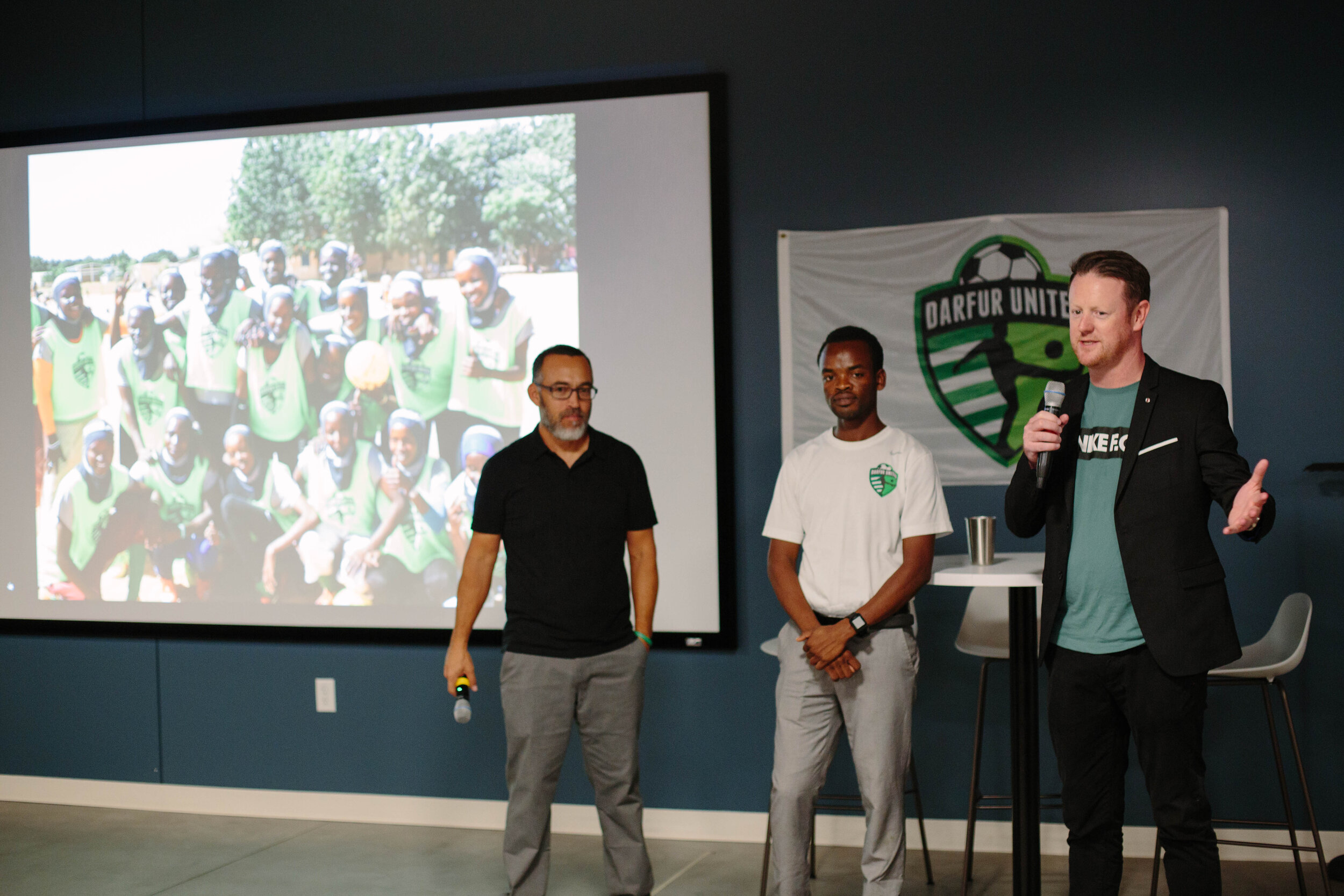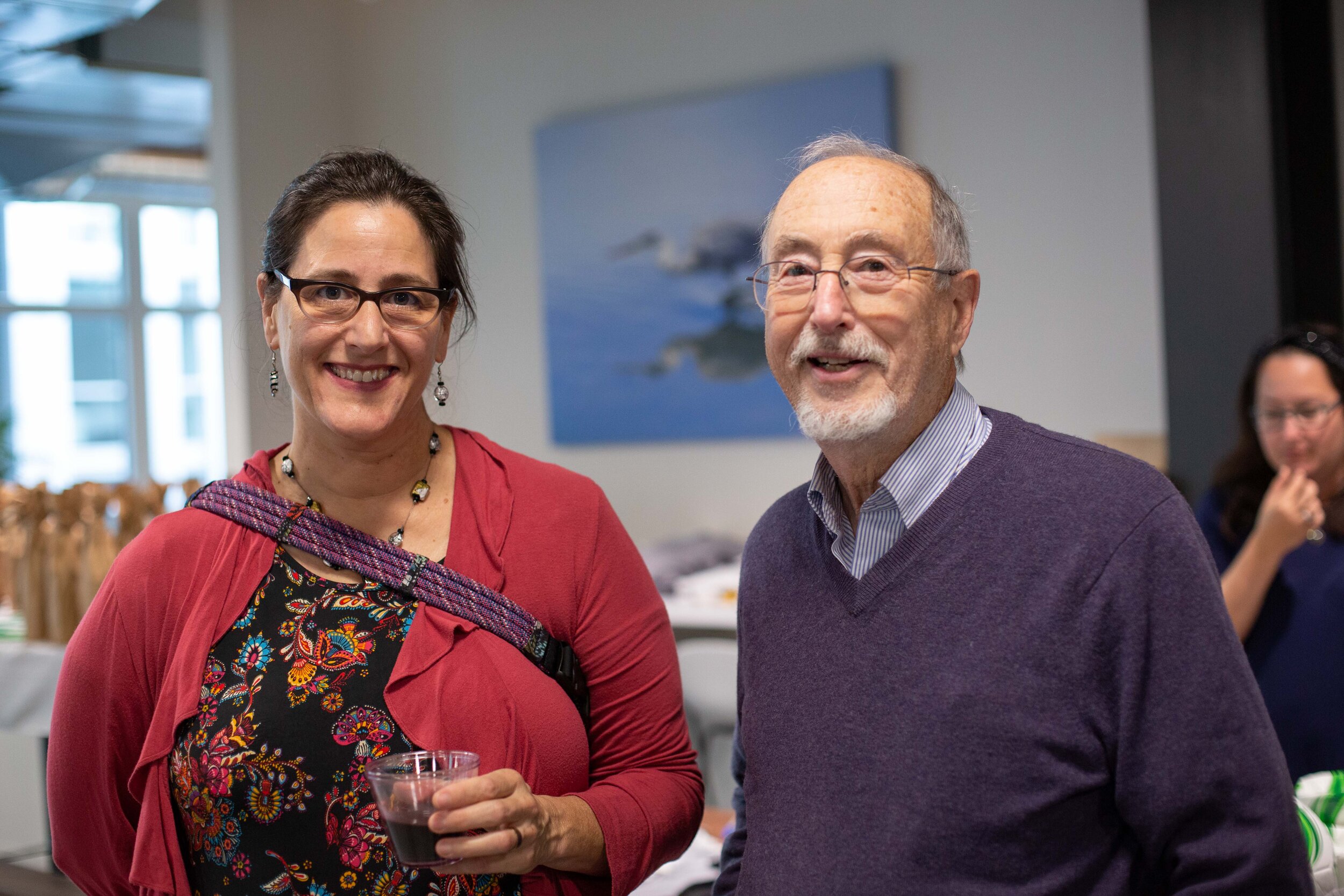By Tina Argetsinger
As Genocide Awareness and Prevention Month comes to a close this April, we reflect on the century-old denial of the Armenian Genocide (1915-1923) by the U.S. Administration. Moreover, we join the calls by scholars, activists, and humanitarian organizations for the U.S. State Department to acknowledge an ongoing genocide - that of the Rohingya people of Burma.
How has the U.S. taken recent steps to begin to acknowledge the Armenian Genocide?
On Oct 29, 2019, by a vote of 405 to 11, the U.S. House of Representatives made history when it designated the slaughter of 1.5 million Armenians by the Ottoman Empire as a genocide, making them the first Chamber of the U.S. Congress to officially do so.
The resolution was brought to the House floor for a vote by a visibly emotional Rep. Adam Schiff (D-CA), the chairman of the Intelligence Committee and Vice Chair of the Congressional Armenian-American Caucus. Schiff has represented Glendale, a suburb of LA and one of the country's largest Armenian-American communities, in the House of Representatives since 2001. For 19 years, he has worked hard for the U.S. government to recognize the Armenian Genocide.
Less than two months later, on Dec 12, 2019, the U.S. Senate voted unanimously to recognize the Armenian Genocide as official U.S. policy, despite the Trump administration lobbying senators to vote against it. The measure was co-sponsored by Senator Robert Menendez of New Jersey, the top Democrat on the Foreign Relations Committee, and Republican Senator Ted Cruz of Texas.
“I’m thankful that this resolution has passed at a time in which there are still survivors of the genocide who will be able to see that the Senate acknowledges what they went through,” Sen. Bob Melendez (D-N.J.) said on the Senate floor.
In acknowledging the Ottoman Empire’s killing of 1.5 million Armenians as “genocide,” the 116th U.S Congress follows more than two dozen countries and 49 of 50 states. Oregon acknowledged the proclamation in 1990.
Although the House and the Senate voted in favor, the White House refused to take up either resolution in line with a long-established U.S. practice.
Why?
The genocide, which occurred in the final years of the Ottoman Empire, is a contentious topic still denied by Turkey— the Ottoman successor state.
President Ronald Reagan acknowledged the genocide in 1981, but Congress and successive administrations, both Republican and Democratic, have refused to use the word “genocide” for fear of damaging ties with Turkey. Samantha Power, former U.S. Ambassador to the United Nations, argued in her October 29, 2019 New York Times op-ed, "A Belated Recognition of Genocide by the House," that Turkey has far more to lose than the U.S. in the relationship.
In Trump's statement issued this year, on the 105th Anniversary of the Armenian Genocide, he once again failed to use the word "genocide."
The same day, former Vice President Biden issued a Armenian Genocide statement promising: "If elected, I pledge to support a resolution recognizing the Armenian Genocide and will make universal human rights a top priority for my administration." Many previous presidential candidates have made similar claims, and then once elected, failed to make good on their promise. If elected president, we must hold Biden accountable for his statement.
Why did Congress vote for the resolution now?
Ties between the U.S. and Turkey became strained last year when many in Congress became outraged by President Recep Tayyip Erdogan’s incursion into northern Syria that displaced hundreds of 1000s of Syrian Kurds and his purchase of a Russian missile defense system in July. Both acts, giving lawmakers the cover to pass a non-binding resolution recognizing the extermination of 1.5 million Armenians as a genocide.
Why is it important to Armenian-Americans?
Today, about two million Armenian-Americans live in the U.S., and most are descendants of genocide survivors or victims.
While the resolution passed by both chambers of Congress is ultimately a symbolic message, it means much more to Armenian-American activists who for years lobbied for Congress to officially recognize the mass killings as an act of genocide. As Never Again Coalition's co-founder, Lauren Fortgang asked in her April 24, 2018 blog post, "A chance to grieve. A chance to act.":, "For how can a people be allowed to fully grieve without acknowledgement for the horrific crimes that were committed [against them]?"
How does all this relate to the Rohingya?
Despite research by legal scholars, human rights organizations, UN Independent Fact Finding Mission on Myanmar, and the U.S. State Department's own survey, the U.S. government still lacks the political will to acknowledge that the methodical and carefully orchestrated violence against the Rohingya is a genocide. The lack of determination leaves the Rohingya people feeling forgotten. As one Rohingya man said, "We are genocide survivors but the world does not see us that way because the most powerful country in the world has not said genocide.”
As April, and with it, Genocide Awareness Month comes to an end, Refugee's International issued a clear and heedful statement on the Rohingya Genocide which in part stated, "As survivors of genocide, nearly 900,000 Rohingya refugees in Bangladesh have undergone unspeakable trauma, and they remain among the most vulnerable to the looming threat of COVID-19—while another 600,000 Rohingya people face the ongoing risk of genocide inside Myanmar. As we mark the end of Genocide Awareness and Prevention month, the time is now for the U.S. State Department to recognize the word that fits the crime and to utilize the political will and sense of urgency such recognition creates to push global action.”
What should the U.S. do?
Congress must continue legislative efforts to prevent and end mass atrocities by passing the following bills.
The U.S. State Department should make a determination that genocide and crimes against humanity have been committed by Myanmar authorities against the Rohingya.
President Trump should acknowledge the Armenian Genocide and the U.S. government should address “justice, restitution and reparations” for the Armenian Genocide.
Where does Never Again Coalition stand?
We stand with these communities to recognize and commit to working to end current and prevent future atrocities.
The Armenian community has long fought against the denial of the Armenian genocide.
The Rohingya community continues to suffer from decades-long systemic oppression and ongoing genocide.
Each of us can create the political will to prevent genocide. Each of us can make sure that our elected officials know we want innocent people to be protected, wherever they are. Each of us can speak up. If we work together we can help to heal old wounds and prevent new ones.
Click here for more information on How, When, and Why the US Government has made Genocide Determinations.











































